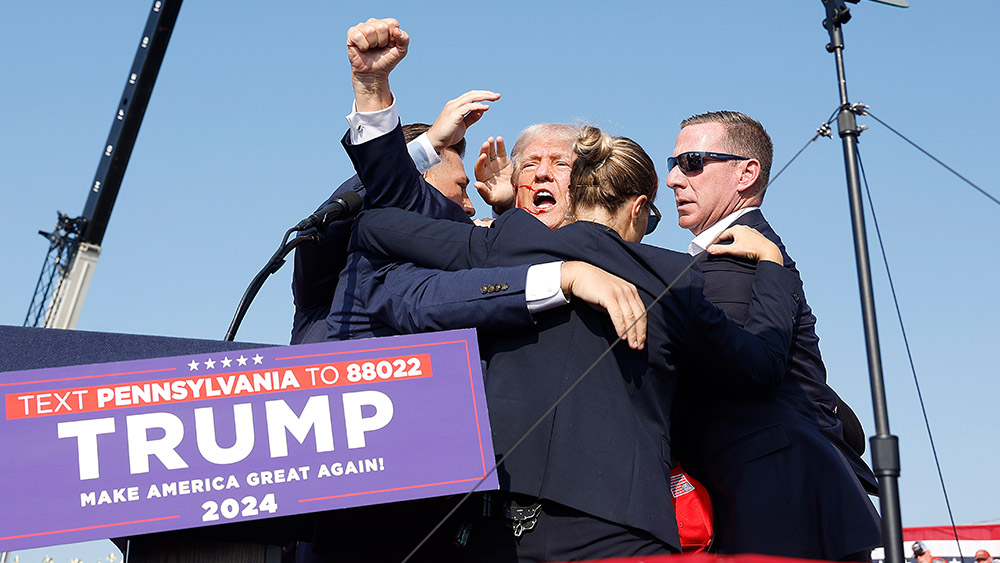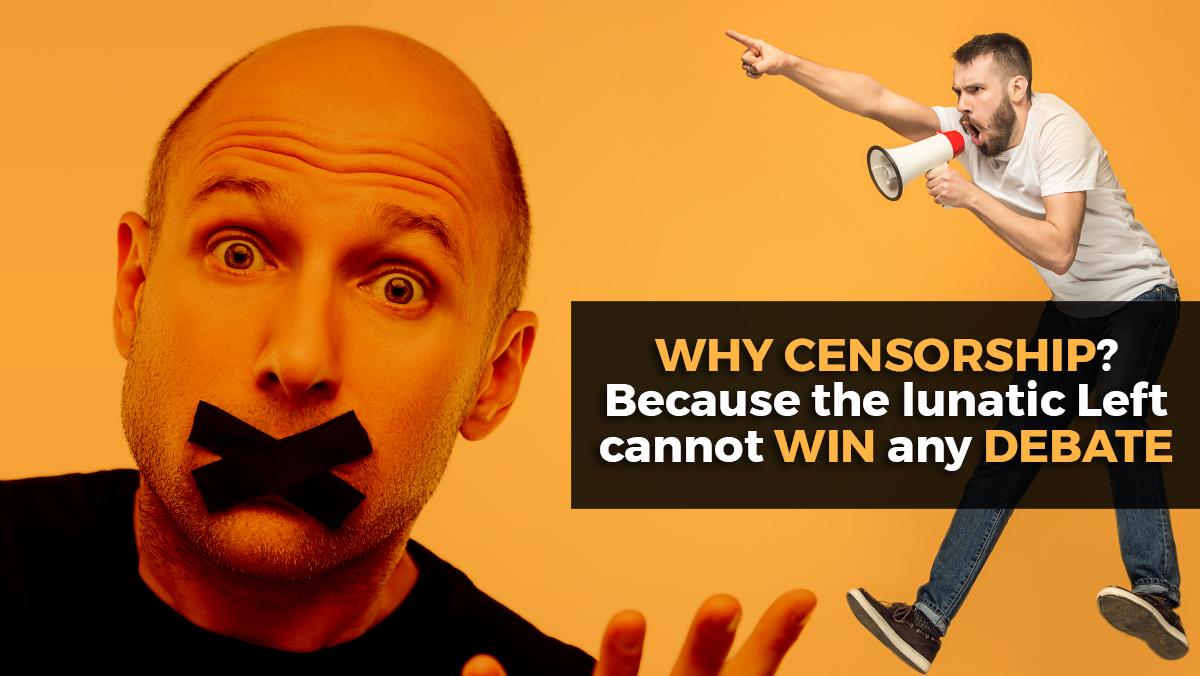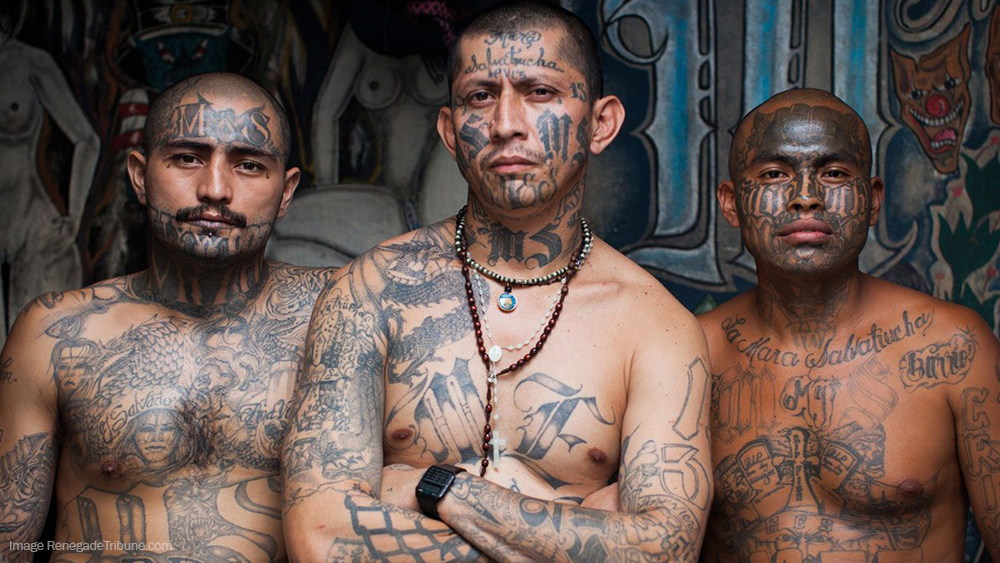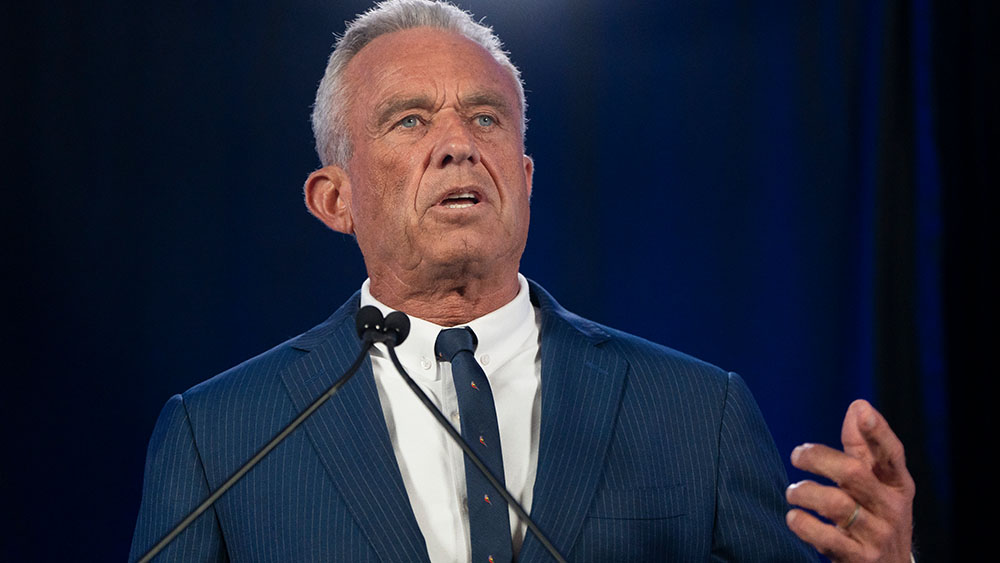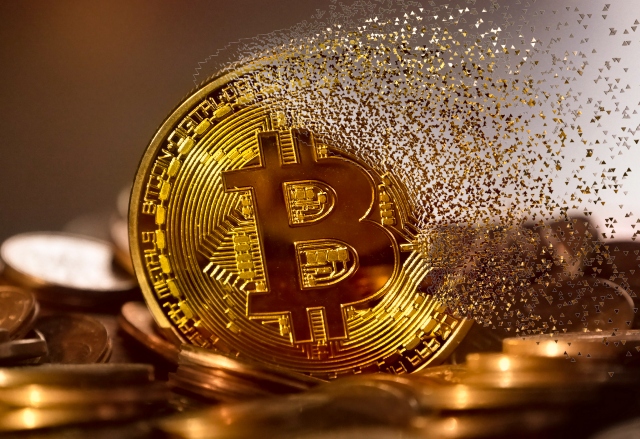TikTok challenges U.S. law: A battle over national security and free speech
01/16/2025 / By Ava Grace
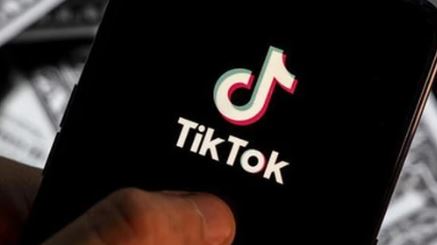
- TikTok, owned by China-based ByteDance, is challenging a U.S. law that could ban the app unless ByteDance divests, arguing it violates First Amendment rights, while the government cites national security risks tied to ByteDance’s CCP connections.
- The U.S. government asserts that TikTok’s ties to the CCP pose a significant threat, as the platform could be weaponized for espionage or influence operations, given its vast data collection and algorithmic power.
- The Supreme Court justices are weighing TikTok’s free speech claims against national security risks, with skepticism about ByteDance’s independence from Chinese intelligence laws and its potential to exploit American user data.
- TikTok has become a major source of news and information, especially for young Americans, with 39 percent of adults aged 18-29 regularly using it for news, raising concerns about its role in shaping public opinion and political discourse.
- The case highlights the tension between protecting free speech and safeguarding national security, with the Court likely to uphold the law, given the government’s compelling argument about the risks posed by foreign-controlled platforms.
TikTok, the wildly popular video-sharing app owned by China-based ByteDance, faced a critical test as it argued before the U.S. Supreme Court against a law that could ban the platform in the United States.
At the heart of the dispute is a law passed by Congress earlier this year requiring ByteDance to divest from TikTok or face a ban in the U.S. by Jan. 19. The law does not outright prohibit Americans from using the app but would force tech giants like Apple and Google to remove it from their app stores, effectively crippling its operations over time. TikTok’s lawyers argued that the law violates the First Amendment rights of its 170 million American users, while the government countered that the measure is necessary to protect national security from the risks posed by ByteDance’s ties to the Chinese Communist Party (CCP). (Related: Lawmakers tell Apple and Google: Prepare to delist TikTok from app stores as ByteDance’s January deadline to divest nears.)
The stakes are high, especially as TikTok has become a dominant force in how Americans – particularly young adults – consume news and information. A recent Pew Research Center survey found that 17 percent of U.S. adults now regularly get their news from TikTok, up from just three percent in 2020. Among adults aged 18 to 29, that number skyrockets to 39 percent, a staggering increase from nine percent four years ago. This rapid growth has made TikTok a powerful tool for shaping public opinion, raising concerns about how the CCP could exploit the platform.
TikTok’s legal team, led by former U.S. Solicitor General Noel Francisco, insisted that the app is not controlled by ByteDance and that the law unfairly targets speech. Francisco argued that the government cannot restrict speech to protect Americans from speech itself, a principle he said is at the core of the First Amendment. However, the justices appeared skeptical, repeatedly questioning whether TikTok’s ties to ByteDance – and by extension, the CCP – pose an unacceptable risk to national security.
Chief Justice John Roberts, a conservative stalwart, pressed Francisco on whether the Court should ignore the fact that ByteDance is ultimately subject to Chinese intelligence laws. Justice Brett Kavanaugh echoed these concerns, emphasizing the potential dangers of allowing a foreign adversary to collect vast amounts of data on American users. The government’s lawyer, Solicitor General Elizabeth Prelogar, argued that the law is not about regulating speech but about severing ties with a foreign entity that could weaponize TikTok against the U.S. at any moment.
Broader issue of national security cannot be ignored
The justices’ questions suggest they are grappling with a delicate balance: protecting free speech while safeguarding national security. Historically, the Supreme Court has deferred to Congress on matters of national security, and this case appears to be no exception. Legal experts predict the Court will likely uphold the law, given the government’s compelling argument that ByteDance’s CCP ties pose a clear and present danger.
The case also highlights the growing influence of TikTok in American politics. President-elect Donald Trump, who once sought to ban the app during his administration, has since embraced it as a campaign tool, outperforming outgoing President Biden and outgoing Vice President Kamala Harris in reach and engagement. This shift underscores the platform’s ability to shape political discourse, even as its ownership structure raises red flags about foreign interference.
For TikTok’s millions of users and content creators, the outcome of this case could be life-changing. While their concerns are valid, the broader issue of national security cannot be ignored. The CCP has a well-documented history of using private companies to advance its agenda, and TikTok’s data collection practices – combined with its algorithmic power – make it a potent tool for espionage and influence operations.
As the Supreme Court deliberates, one thing is clear: the decision will have profound implications for the future of free speech, data privacy, and America’s ability to defend itself against foreign threats. While TikTok has become a cultural phenomenon, its ties to the CCP make it a liability that cannot be overlooked. The justices now face the difficult task of balancing these competing interests, but the stakes are too high to ignore the risks posed by a foreign-controlled platform with unprecedented influence over American minds.
Visit BigTech.news for more stories like about TikTok.
President-elect Donald Trump pledges to take a look at the looming TikTok ban. Watch this video.
This video is from the NewsClips channel on Brighteon.com.
More related stories:
TikTok CENSORS video of Dr. Phil promoting his interview with Trump.
TikTok files lawsuit against Biden administration over law forcing sale of app.
Sources include:
Submit a correction >>
Tagged Under:
Big Tech, ByteDance, CCP, China, Chinese intelligence, data collection, data privacy, espionage, foreign threats, free speech, Glitch, national security, Supreme Court, surveillance, tech giants, TikTok, watched
This article may contain statements that reflect the opinion of the author
RECENT NEWS & ARTICLES
COPYRIGHT © 2017 FREEDOM NEWS






